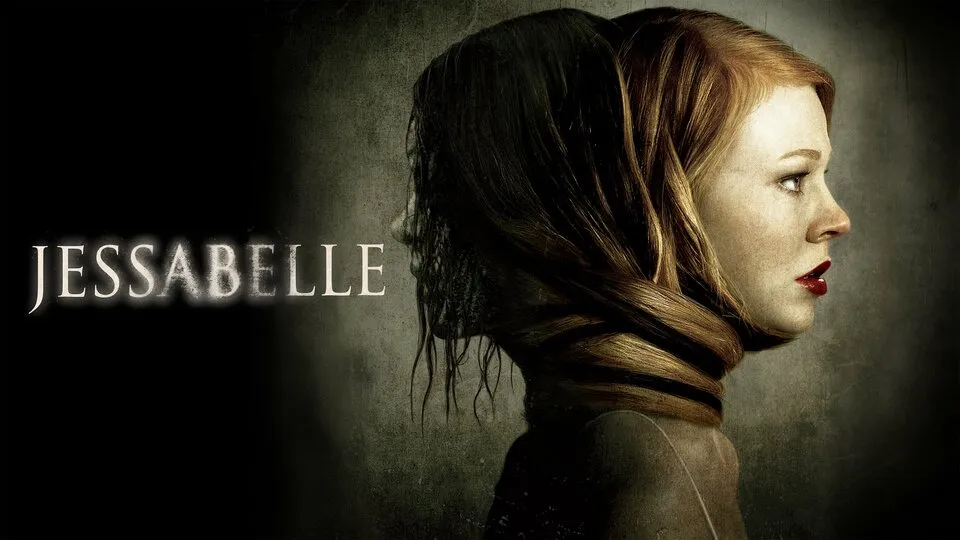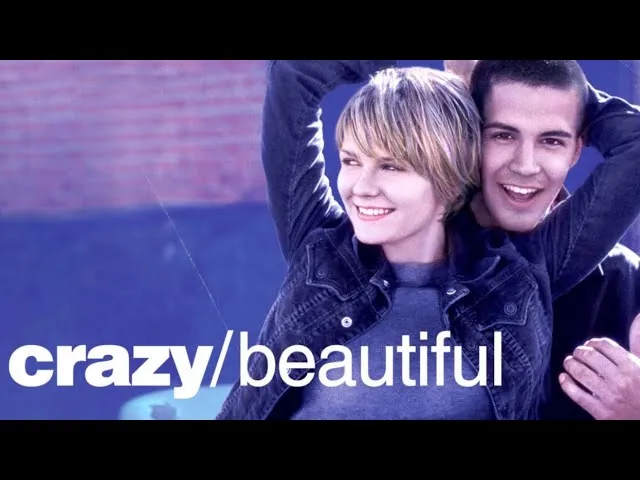In a world that silenced women, their words ignited a love that history could never erase.
Vita & Virginia (2018) is an elegant, introspective period drama that chronicles the passionate and intellectually charged relationship between famed British novelist Virginia Woolf and aristocratic writer Vita Sackville-West. Based on their real-life love letters, the film explores not only a same-sex romance in the early 20th century, but also the collision of creativity, societal pressure, and personal liberation.
Set in 1920s England, the story begins with Vita (Gemma Arterton), a flamboyant socialite and author, drawn to the enigmatic Virginia Woolf (Elizabeth Debicki), whose literary genius is as mesmerizing as her emotional vulnerability. Their bond develops quickly, defying the norms of their class and marriages, evolving into a love affair that fuels and challenges them both—emotionally and artistically.

The film stands apart from typical period dramas through its modern flourishes: a contemporary score, stylized visuals, and a sensual energy that feels urgent rather than restrained. Debicki’s portrayal of Woolf is hauntingly powerful—delicate, complex, and brilliant—while Arterton’s Vita radiates charisma, confidence, and boldness. Together, they embody the electric duality of opposites attracting and transforming one another.
Beyond the romance, Vita & Virginia delves into identity, mental health, and the cost of genius. It shows how their affair inspired one of Woolf’s most iconic novels, Orlando, a gender-fluid literary landmark that was a tribute to Vita herself. Their letters, which span years, form the emotional backbone of the film—intimate, poetic, and brimming with longing.

Though subtle in pacing, the film rewards viewers with a rare glimpse into a historical relationship that was ahead of its time. It’s a story not just of love, but of legacy—a reminder that the most meaningful connections often live forever on the page.

-1752570259-q80.webp)

